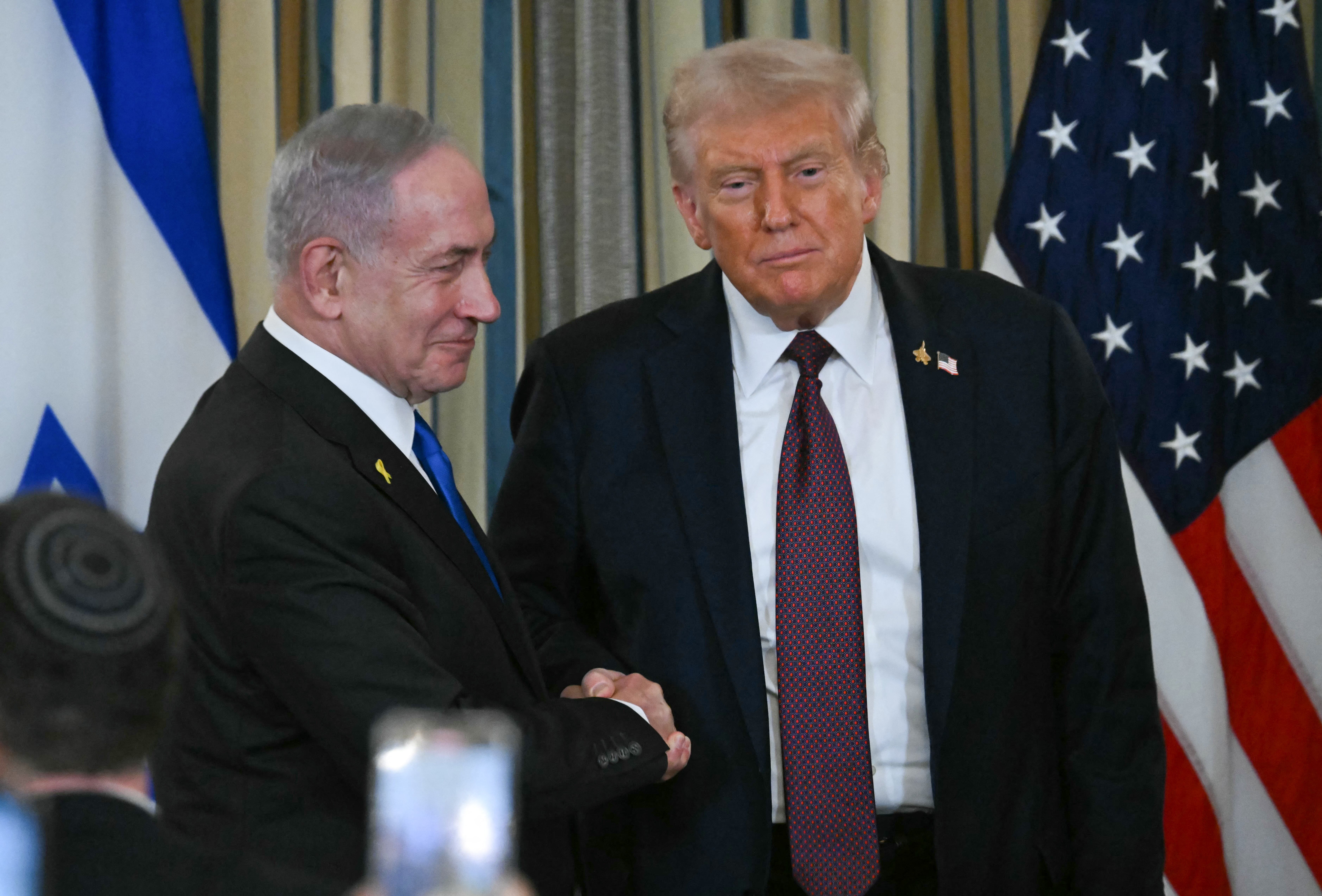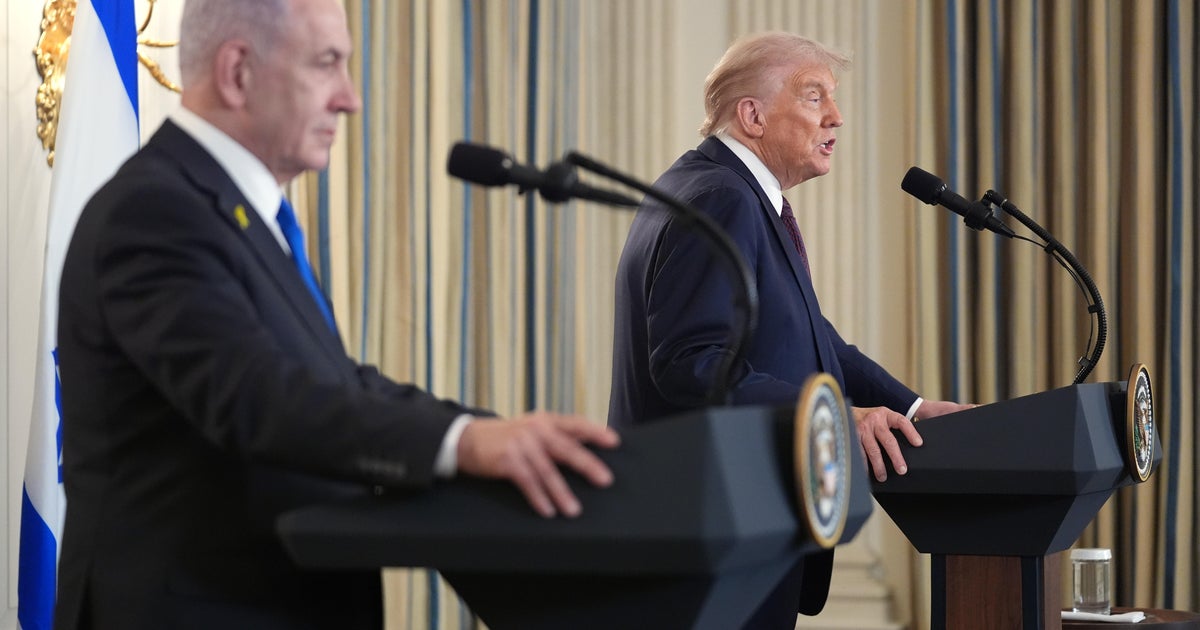Hopes Rise for Gaza Peace Deal as Negotiations Begin in Cairo
Delegations from the United States and Israel are in Cairo, Egypt, for indirect negotiations with Hamas, the Palestinian militant group. Hopes are cautiously high in both Israel and Gaza for a potential end to the fighting, spurred by a new peace plan proposed by US President Donald Trump.
Trump's Gaza Peace Plan: Key Developments
Israelis and Palestinians have expressed cautious optimism regarding Trump's plan. Families of hostages held in Gaza have voiced their hope for a breakthrough. Hamas has indicated a willingness to release hostages and potentially relinquish control of Gaza's administration, pending resolution of key details. Exhaustion and hope are fueling cautious optimism ahead of the indirect talks.
According to Hamas, the militant group agrees to release all Israeli hostages, alive or dead, under Trump's proposal and is ready to enter mediated negotiations immediately. This announcement came even as dozens were reportedly killed in Israeli strikes on Gaza. Trump stated that Israel had agreed to an "initial withdrawal line" inside Gaza and that a ceasefire would be implemented immediately upon Hamas's confirmation.
Despite the hopeful developments, violence continues. Local health officials reported numerous casualties from recent Israeli strikes. Israel claims its targets were Hamas militants posing a threat. The military stated it "regrets any harm caused to uninvolved civilians."
Sticking Points and Challenges
While Hamas has accepted parts of Trump's 20-point plan, including ending the war and hostage release, unanswered questions remain. A key demand from Israel is the disarmament of Hamas, which has not been explicitly addressed. Benjamin Netanyahu confirmed negotiators would be sent to Egypt with the intention to limit negotiations to a few days. Netanyahu also stated Hamas would be disarmed and Gaza demilitarized, either politically or militarily.
International Response and Reactions
Trump has invested significant political capital in ending the Gaza war. He believes Hamas is "ready for a lasting PEACE" and has put the onus on Netanyahu's government. The plan has drawn optimistic statements by world leaders. Winston Peters, Foreign Minister, has publicly supported the peace deal.
Inside Israel, Netanyahu faces pressure from hostage families and the public to end the war, but also from hardline coalition members who oppose any let-up. Bezalel Smotrich, Israel's far-right Finance Minister, called halting attacks on Gaza a "grave mistake." Demonstrations have taken place in Tel Aviv in support of a deal to end the war and in Jerusalem calling for release of hostages.
Key Components of Trump's Peace Plan
- Immediate Ceasefire: A permanent end to hostilities in Gaza.
- Hostage Release: All remaining hostages released within 48 hours.
- Prisoner Exchange: Israel to release a number of Palestinian prisoners.
- Governance: Establishment of a transitional governance mechanism in Gaza.
- Security: Formation of a joint security force.
- Reconstruction: Funding from Arab countries for Gaza's reconstruction.
Perspectives from Gaza and Israel
"The Palestinian people want any solution to get out of the hole we are in," said Mohammed Al-Jarousha, 45, in Gaza. Abu Mahmoud Abu Sarar, 54, added, "We hope that this is for real ... and we hope for the best." Some Palestinians, like Jerusalem resident Jamal Shihada, worry Netanyahu will sabotage the deal.
Israeli protesters have also shared their views. Ana Ben-Gal stated, "It looks like Trump has lost his patience, which is good because it makes us move forward." Maya Benbenishty hopes Netanyahu will seize this opportunity to create a positive legacy.
Looking Ahead
Indirect ceasefire talks are scheduled to begin in Egypt. The success of Trump's plan depends on the willingness of both parties to compromise. A successful implementation could pave the way for broader peace in the Middle East, provide humanitarian relief to Gaza, and contribute to regional stability. However, some critics argue it violates international law and could lead to forced displacement.
 Visit the website
Visit the website





